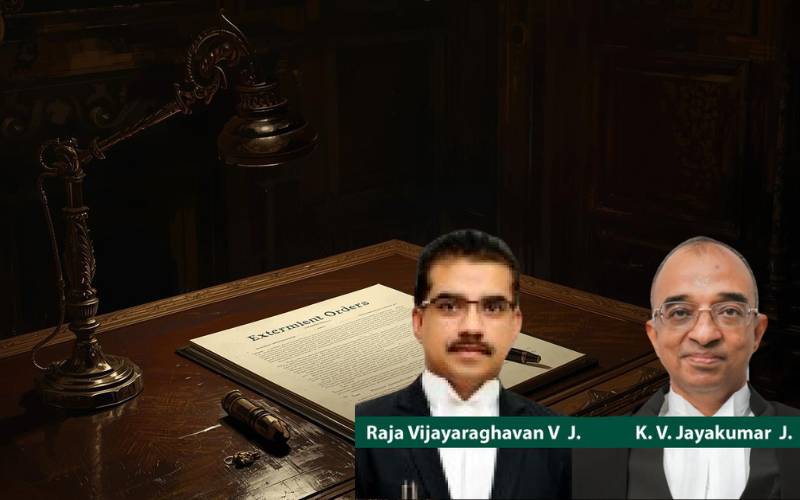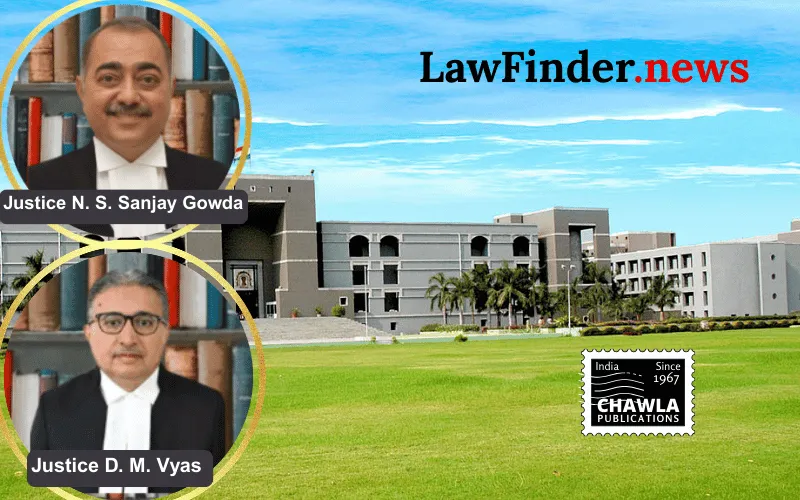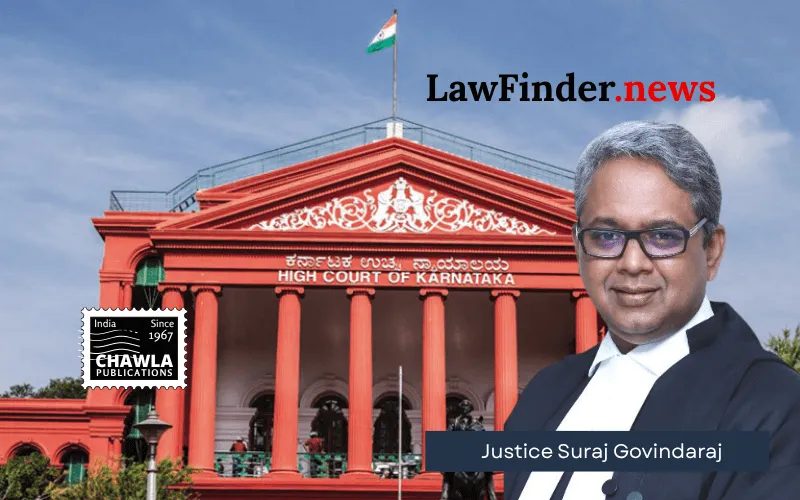Protecting Individual Rights Against Delayed and Malafide Externment Under Kerala Anti-Social Activities (Prevention) Act, 2007
Kerala High Court, quashed the externment order issued against the petitioner, Sharon Benjamin, under Section 15 of the Kerala Anti-Social Activities (Prevention) Act, 2007. This judgment has reaffirmed the importance of procedural safeguards and the protection of individual rights against arbitrary state actions.
Background of the Case
The case revolves around an externment order issued by the Deputy Inspector General of Police, Ernakulam Range, against Sharon Benjamin, prohibiting him from entering the jurisdictional limits of the District Police Chief, Alappuzha, for six months. The order was later modified by the Advisory Board, reducing the period to three months. The petitioner challenged both orders, citing procedural lapses and malafide intentions behind the externment proceedings.
Key Issues Addressed
1. Delay in Issuance of Externment Order: The court highlighted the unexplained delay of more than five months between the last alleged prejudicial act and the issuance of the externment order. This delay was deemed significant enough to snap the "live link" between the alleged act and the necessity for externment, rendering the order invalid.
2. Procedural Safeguards and Application of Mind: The judgment stressed the importance of adhering to procedural requirements to safeguard individual liberties. The court found that the externment order lacked proper application of mind, as it was issued without considering the objections raised by the petitioner and without addressing allegations of malafides.
3. Distinction Between Public Order and Law and Order: The court reiterated the distinction between acts affecting public order and those affecting merely law and order. It noted that the crimes attributed to the petitioner were private disputes and did not disturb societal peace, thus failing to justify externment under the Act.
4. Allegations of Malafides: The court took serious note of the allegations of malafides, which suggested that the externment proceedings were initiated in retaliation for a complaint filed by the petitioner against police officials. The silence of the authorities on allegations of custodial violence further supported the claim of malafide intentions.
Judicial Observations
The bench, comprising Mr. Raja Vijayaraghavan V and K. V. Jayakumar, JJ., emphasized that externment is an extraordinary measure and should be employed sparingly. It was noted that such orders infringe upon fundamental rights, including the right to free movement and the right to livelihood, and therefore must be backed by credible and timely evidence.
Conclusion
The judgment serves as a crucial precedent in ensuring that state authorities do not misuse their powers under the guise of maintaining public order. The Kerala High Court's decision underscores the judiciary's role in safeguarding constitutional rights and reinforcing the need for prompt and fair application of laws. This case is a testament to the judiciary's vigilance in upholding justice and protecting citizens from arbitrary state actions.
Sharon Benjamin v. State of Kerala, (Kerala)(DB) : Law Finder Doc id # 2761507




